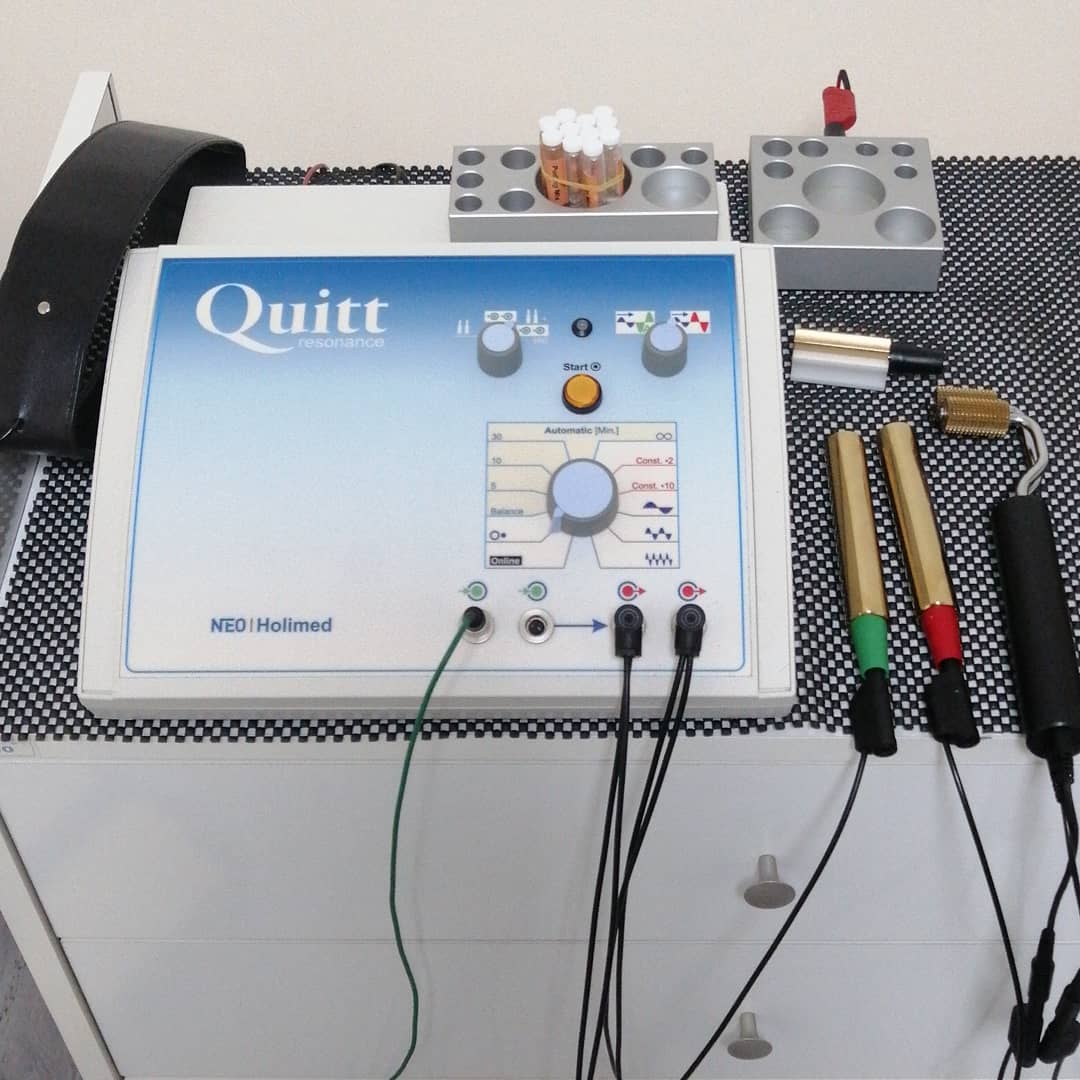
We all know the harms of smoking: lungs, heart, blood vessels… But there’s another front that few men are aware of: smoking also significantly affects the hormone testosterone. This effect is not just a lab result—it’s a silent process that quietly changes a man’s overall quality of life.
What is Testosterone and What Does It Do?
Testosterone is not just the “male hormone”; it acts like a control center managing a man’s energy, motivation, and sexual health.
Maintenance of muscle and bone structure
Sustaining libido and sexual desire
Sperm production and fertility
Mental sharpness, self-confidence, and mood
Support for cardiovascular health
Thus, a decrease in this hormone affects almost every aspect of a man’s physical and mental life.
How Does Smoking Lower Testosterone?
It Constricts Blood Vessels
Nicotine and carbon monoxide in cigarette smoke cause blood vessels to narrow and reduce blood flow.
If the testes do not receive sufficient blood, Leydig cells (which produce testosterone) become deprived of oxygen, reducing hormone production.
It Increases Free Radical Load
Toxins in cigarettes increase oxidative stress, which negatively affects both testicular tissue and sperm quality. This is like a fire breaking out in the hormone production factory.
It Disrupts Hormonal Balance
Smoking disrupts the hypothalamic-pituitary-testicular (HPT) axis, the chain of hormonal signaling. When this chain is disturbed, communication between the brain and testes is impaired, and hormone production signals are interrupted.
Sources:
Cao et al., Nicotine & Tobacco Research, 2021
Dai et al., Reproductive Toxicology, 2015
How Does Low Testosterone Affect Men’s Lives?
A drop in testosterone is not limited to lab values. Here are the long-term effects:
Sexual Life and Libido
Decreased sexual desire
Erectile problems
Reduced sperm quality and increased risk of infertility
Muscle and Body Composition
Loss of muscle mass, increased belly fat
Decline in athletic performance
Energy and Mood
Fatigue, difficulty concentrating
Tendency toward depression and loss of self-confidence
Metabolic and Heart Health
Increased risk of type 2 diabetes and hypertension
Accelerated arterial stiffness
In short, smoking does not just harm the lungs; it gradually drains a man’s overall life energy.
Good News: Damage Can Be Reversed
Scientific studies show that men who quit smoking experience:
Improved vascular function within 3–6 months
Rising testosterone levels within 1 year
Source:
Kapoor & Jones, European Journal of Endocrinology, 2005
This is proof of the body’s ability to regenerate.
Final Word
Smoking is not just a breathing habit; it is a silent saboteur that drains a man’s energy, strength, and health. Quitting is an investment not only in your lungs but also in your hormones and overall quality of life.
No matter how hectic your day is, remember:
Clean air is testosterone’s best friend.